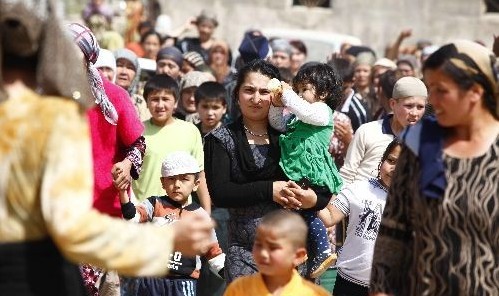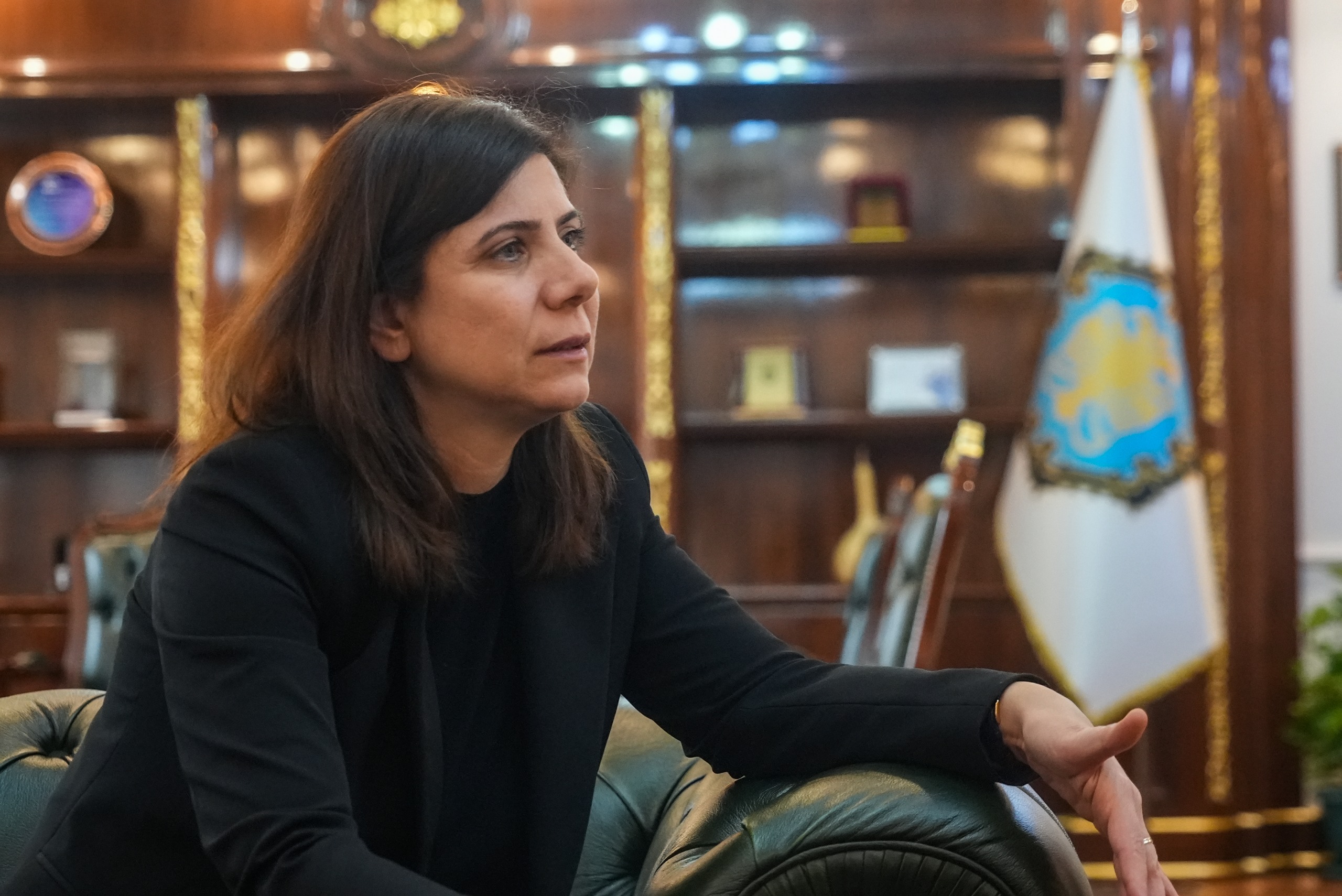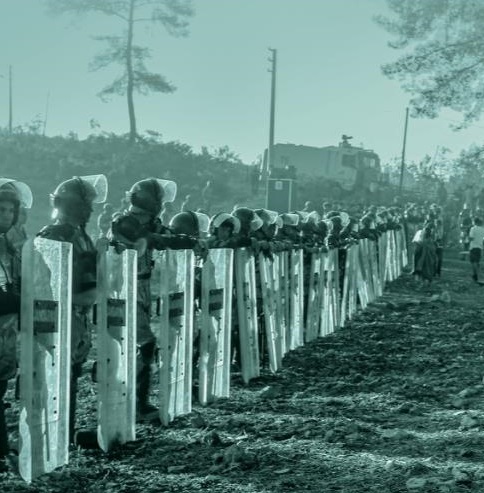Aybüke Ekici, General Secretary of the International Refugee Rights Association, has expressed concern over allegations that some Ozbek refugees may have been sent from Suruç to areas under the control of ISIS. Ekici added that they had received reports that ISIS was executing refugees that refused to join them.
Since early February, deportations targeting Ozbek refugees who in the last year have fled to Turkey from the political and religious oppression in Ozbekistan has increased. In the last three months, tens of Ozbek refugees including pregnant women, have been arrested. Ozbek refugees are targeted with home raids, sent to the foreigners section and then held at deportation centres. No concrete evidence is presented for these arrests; while officials only state that there is intelligence that these refugees present ‘a threat to national security’.
Apology from Kerimov
The refugees sent back to Ozbekistan are arrested the moment they arrive, and some are forced to appear on television and apologize from President Islam Kerimov.
Ekici stated that suspicions arose due to the absence of departure documents in the case of applications they had made for a number of Ozbek refugees, especially those who had not been sent back to Ozbekistan. Ekici explains that some refugees may have been sent from Suruç to areas in Syria under the control of ISIS, and that they were receiving reports that Ozbek refugees who had refused to join them were being executed by ISIS.
Volkan Görendağ, Amnesty International Refugee Rights Coordinator, stated that such cases had decreased significantly since Law No.6458 on Foreigners and International Protection had come into force, but that these new cases involving Ozbek refugees constituted an exception. Aybüke Ekici, General Secretary of the International Refugee Rights Association, explains that the deportation of Ozbek refugees is a direct violation of this law. Article 55 of the Law states that “a deportation decision shall not be issued against those (a) for whom there are serious indications that he or she will be subjected to the death penalty, torture, cruel or degrading treatment or punishment in the country to which they will be deported,” and this is unfortunately the case for Ozbek refugees.
Ozbekistan has a chequered record in the field of political and religious freedoms. According to the 2014 report of Human Rights Watch (HRW) there are 12 thousand detainees in the country who are being held for “religious” infringements, while the opponents of Kerimov suffer serious oppression. The International Red Cross Committee stated in April 2014 that torture in prisons in Ozbekistan had become routine and systematic.





